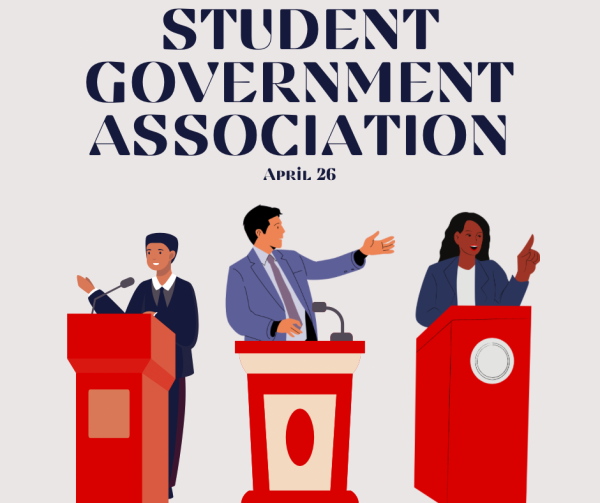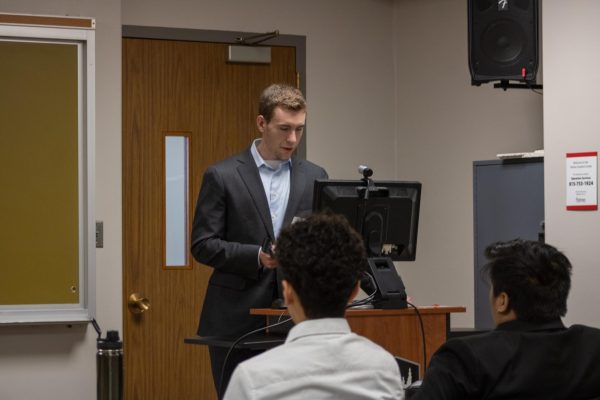Student loans remain unaffected
September 23, 2008
Mary Devine, a senior public health major, doesn’t think failing financial institutions and government bailouts will affect her student loans – at least not yet.
“I think it definitely will in the future,” she said. “I only have the government loans. Hopefully, I get by with only those. Hopefully, with the government bailing out those financial institutions, the rates on my loans won’t go out of control.”
Jane Jordan, associate director of Student Financial Aid, said obtaining loans is easier than ever – with the implementation of MyNIU and the Direct Lending Program, which President John Peters chose to adopt last year, in what Jordan called “a timely decision.”
“In the past, we’ve always gone through private lenders,” Jordan said. “Certain lenders were no longer going to be participating in the Student Loan Program. The decision was made to go to direct lending.”
The funding for Federal Stafford and PLUS (Parent) Loans now comes from the Department of Education, and so far the only problem to arise from the switch to direct lending is that students must sign new Master Promissory Notes – something many returning students have neglected to do.
“The problem is they think, ‘I’ve already done that,'” Jordan said. “Early in October, if they haven’t done the Master Promissory Note, we’ll go ahead and cancel their loans.”
Graduate philosophy major Matt Babb said he hasn’t had any trouble obtaining student loans through Student Financial Aid.
“Private loans, on the other hand, are a different story,” Babb said. “There are higher interest rates for post-graduates as well as fewer funds available.”
He said he doesn’t think the economy will have an affect on student loans.
“The only time it could be affected is when the new federal budget is put through,” Babb said, if money is diverted from education into other areas.
Anthony Petersen, a student-at-large in the biology teacher’s certification program, said he has yet to receive his loans through Student Financial Aid because of paperwork issues.
“I had to get a private loan also, with a crazy interest rate. It’s sick,” Petersen said. He added that he believes the economy will eventually have an affect on student loans.
“I think it’s going to be harder for people, especially at a graduate level, to get private funding or Stafford Loans,” Petersen said.
Jordan credits Congress for increasing funding for the Pell Grant Program, which provides need-based grants to low-income students, and the Stafford Loan Program. Certain loans and grants have always been awarded on a first-come, first-serve basis, so students should make sure to apply by the priority filing deadline, she noted.
After Sept. 11, 2001, Jordan noticed an increase in students applying for financial aid, but she has yet to see a similar increase during the country’s current economic difficulties.
“Can things change? I don’t know the answer to that,” she said. “My confidence level is very high that financial aid is here to stay.”













